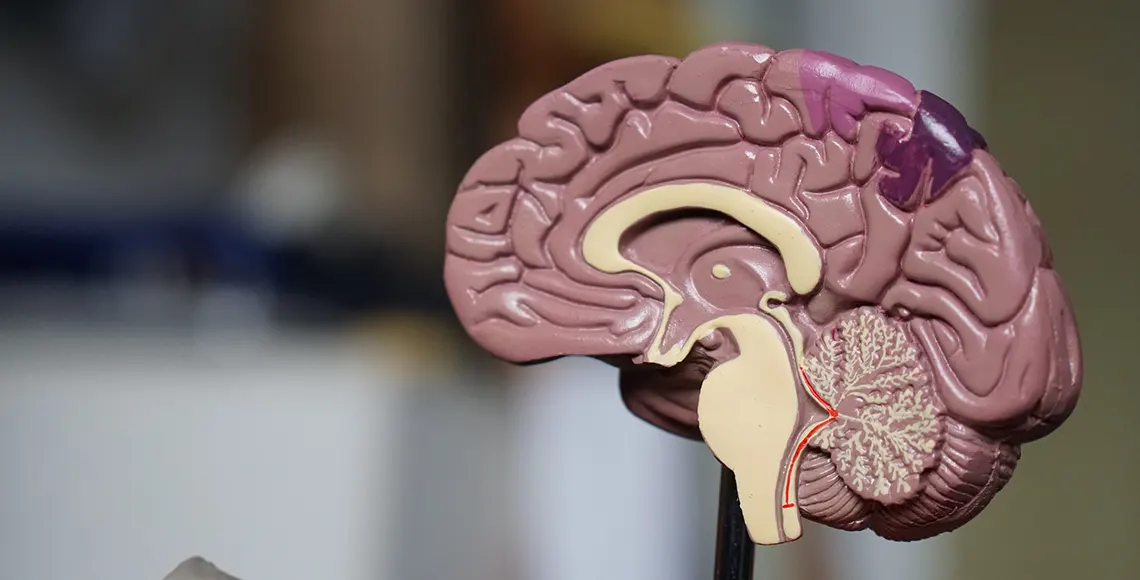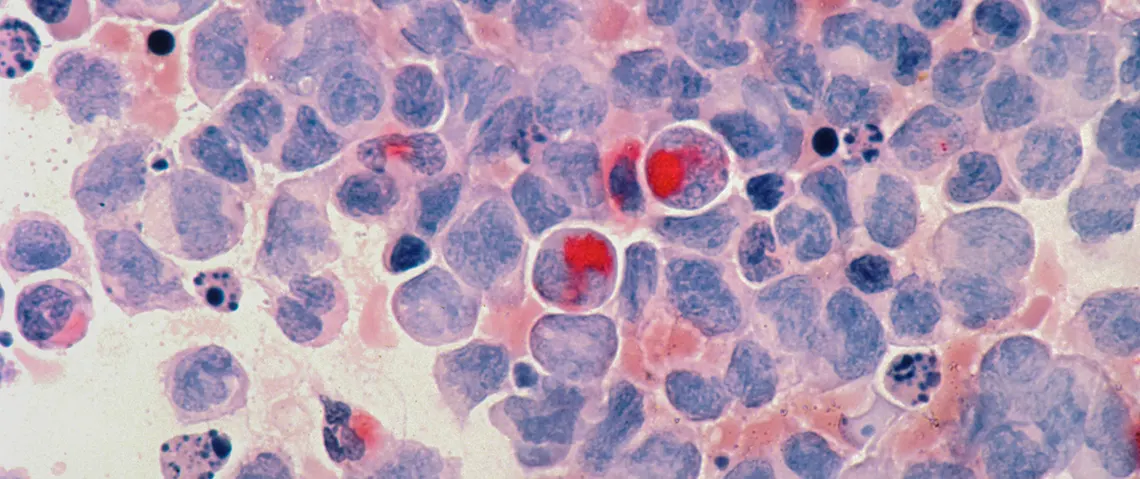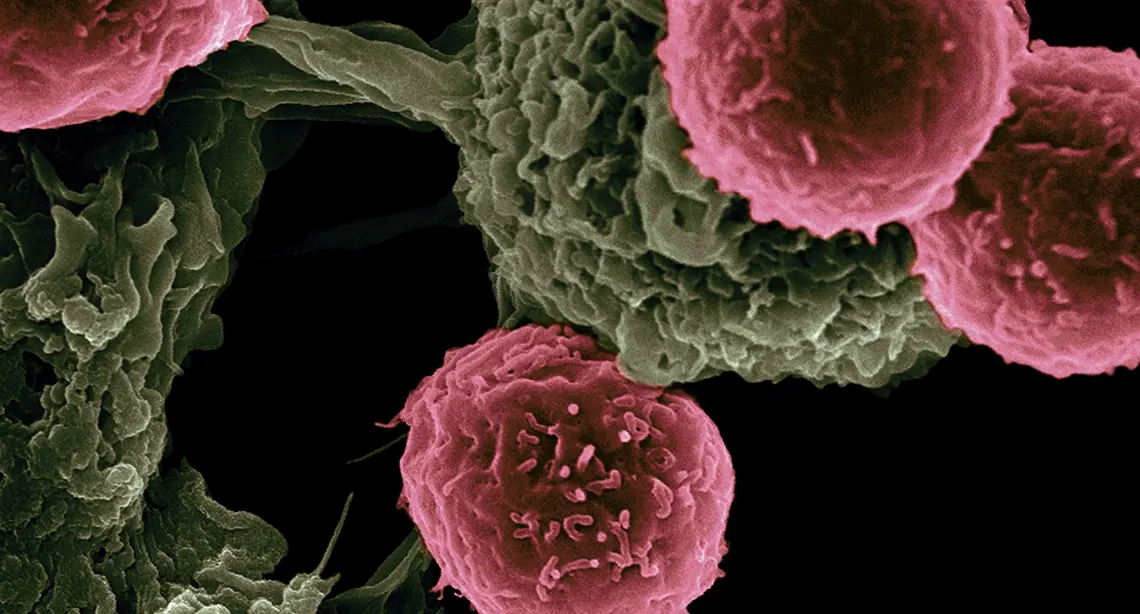
By now you’ve probably heard of CBD, one of the two primary active ingredients found in plant-based treatment options.
CBD refers to Cannabidiol, and is a naturally occurring and non-psychoactive chemical compound. In recent years, it has been popularised as an alternative treatment used to relieve symptoms of certain chronic conditions such as anxiety.
Despite being similar in molecular structure, CBD is significantly different from THC, the other main active ingredient found in plant-based treatments. THC is psychoactive and causes an intoxicating effect that directly impacts your mental and physical functions.
Research on plant-based treatments is ongoing, and none of the early evidence can be seen as conclusive. Regardless, this hasn’t stopped patients from seeking out the plant-based treatment option.
A key part of understanding how CBD affects your brain is understanding what the endocannabinoid system is.
The Endocannabinoid System (ECS)

The ECS is comprised of a wide array of chemical signals and cellular receptors that are compactly sorted throughout our brains and bodies. It controls some of our most crucial body functions such as learning and memory, pain sensation, emotional processes, appetite, and more. The purpose of the ECS is to ensure that other processes are running without any disturbances.
Cellular molecules, known as CB1 receptors, play an important part in our day-to-day functioning; controlling the levels and activity of most of the other neurotransmitters found in the brain. CB1 receptors are found throughout the brain and the nervous system.
A second type, known as CB2 receptors, exists in our immune tissue and is critical to controlling our immune functioning. They modulate intestinal inflammation, contraction, and pain in bowel conditions.
Our body produces molecules known as endocannabinoids that stimulate these receptors. These molecules are similar in structure to CBD and THC.
Our physiological systems function in a continuous state of balance and endocannabinoids assist in the regulation of this state.
How does CBD interact with the ECS?

CBD does not seem to bind and activate the CB receptors in the same way that THC does, but experts believe that it does have an indirect effect.
The primary way in which it seems to interact with the endocannabinoid system is by increasing the number of endocannabinoids in the body.
Endocannabinoids are naturally created by lipids and fats in the body, while enzymes stop the process from continuing indefinitely. CBD seems to inhibit the function of these enzymes to allow more endocannabinoids to be produced.
Experts have stressed the need for more research on how CBD works in the brain. Existing data, thus, should not be seen as conclusive, but rather as a small piece of a much larger puzzle.
Is CBD Safe?

If you’re wondering “Can you overdose on CBD?”, fear not, CBD appears to be safe for most adults, but can result in some unwanted side effects. It may cause nausea, irritability, changes in appetite, lethargy, light-headedness, and more. There is not enough information on CBD for brain health, but it does not seem to cause adverse issues.
Doctors have also warned against using CBD while pregnant or breastfeeding, as we have limited information in this regard and the risks are still too high.
If you are currently on other prescription medications, make sure to consult with your medical practitioner about how CBD may interact with these medicines.
The chances of adverse or harmful effects are also much higher when you purchase illegal, unregulated, and untested CBD products. You should only access plant-based treatments via a qualified medical practitioner who believes it may be clinically appropriate in your circumstances.
Does CBD Get You High?

No, CBD will not get you high. The non-psychoactive nature of the compound means that it has no intoxicating effect, and has no impact on your ability to make reasonable decisions.
CBD is mainly used as a plant-based treatment for the relief of symptoms associated with certain conditions. We are still in the early phases of research about whether or not it is effective in this respect.
The effects of CBD can seemingly last for hours, but it may be difficult to determine when exactly it is underway. A decrease in the severity of your symptoms is a good sign that the CBD is working for you.
Full-spectrum CBD products contain trace amounts of THC, but the chances of these nominal amounts affecting your cognitive abilities are little to none.
If you prefer a cautious approach and would like to avoid THC remnants, broad-spectrum and CBD-isolate products go through a rigorous process to eliminate the THC entirely.
Summary
How CBD works in the brain is complex, and scientists are still in the process of uncovering the details of how the chemical compound interacts with the different neurotransmitter receptors.
As research on the endocannabinoid system and CBD continues to steadily increase, clinical trials and controlled studies will result in more conclusive evidence.
CBD is also not free of side effects, and should only be accessed via a prescription from a medical practitioner who believes it could be beneficial in the particular circumstances of your health.
As the compound is non-psychoactive, regulated products will not impair your mental or physical functions, a key difference from THC.
For more information on the relationship between CBD and the brain, speak to one of our qualified experts today.
